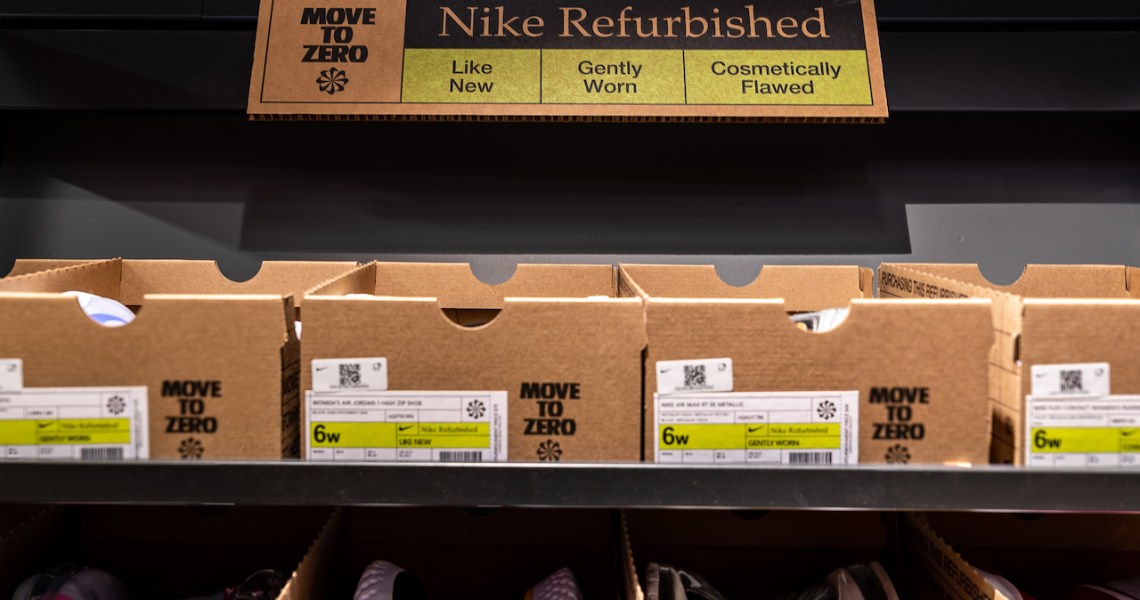Fashion brands’ decision about whether to focus on direct-to-consumer sales or wholesale has gotten a lot more complicated. In the early days of the DTC revolution of the 2010s, the common thought was that, by eliminating the middlemen of retail partners and selling directly, brands would benefit from wider margins and customers would get lower prices.
That hope animated not just the rise of brands like Warby Parker and Allbirds, but also the strategies of massive companies like Nike, which enacted a plan to cut down on wholesale partnerships and increase direct sales in 2020. But in 2023, the reality is a lot more complicated.
The rising costs of running a DTC business have increasingly made wholesale more appealing, even with all of its attendant drawbacks. In 2021, BMO Capital Markets conducted a study to see if the DTC model had actually resulted in more profits for the brands that adopted it. The study found that, while margins were higher, other costs of DTC — particularly customer acquisition — often meant that the two models resulted in similar net profits.
“We’ve done a lot of research, and what we saw was that pivoting to DTC does not result in better margins,” said BMO’s Simeon Siegel in March. “DTC is just a channel and the product is always going to be more important than where you sell it.”
In March, Nike announced that its wholesale revenue had grown 30%, outpacing its direct business, which had grown 25%, despite the extra emphasis on DTC in the last three years.
Altuzarra CEO Shira Sue Carmi, who spoke at Glossy’s E-Commerce Forum last week, said that her brand sees value in both sides of DTC and wholesale. On the one hand, Carmi said, wholesale makes discounting a touchy issue.
“It can be really hard to run a non-markdown business in a wholesale setting,” Carmi said. “You have no control over the price at a wholesale retailer.”
Ad position: web_incontent_pos1
DTC, on the other hand, can get away with lower price points, which can make it better for entry-level price point products. Carmi said Altuzarra’s line of gender-neutral clothing called Altu is sold DTC because it’s aimed at a younger shopper and for several hundred dollars less than the standard line.
But the increased costs of DTC are pushing many brands back toward wholesale, according to Full Stride Ventures, which has launched DTC brands like Kindly and Adore Me. Digital marketing costs increased by 75% last year, but wholesale can act like free advertising, freeing up extra cash despite the lower margins, according to Caroline Levy, CMO of Full Stride Ventures.
“The marketplace has changed,” Levy said. “There are so many DTC brands now, and acquiring new customers is so expensive. That’s where wholesale comes in. You can get so many eyeballs on your brand at a low cost just by hanging your hat in a big retailer.”




